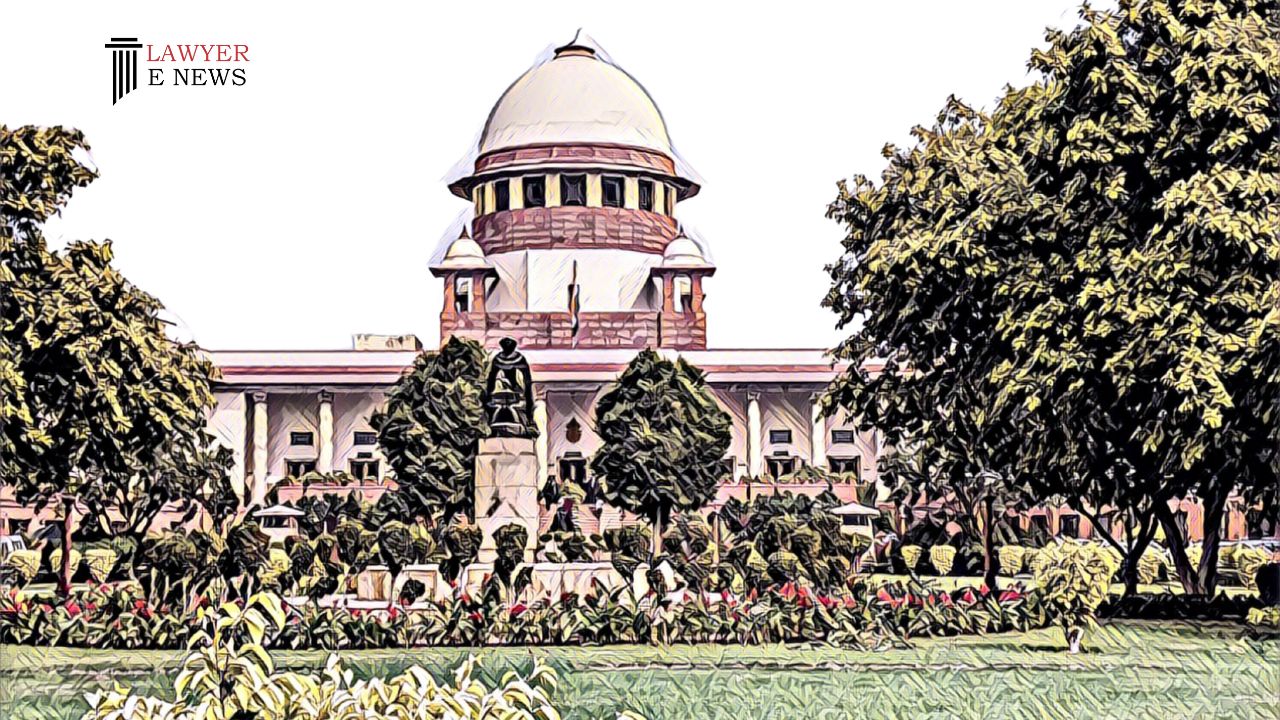-
by Admin
15 February 2026 5:35 AM



In a significant ruling, the Supreme Court of India has quashed an FIR against the relatives of a husband, citing the lack of specific allegations necessary to constitute an offense under Section 498-A of the Indian Penal Code (IPC). The judgement, delivered by a bench comprising Justices B.R. Gavai and Sanjay Karol, emphasized the need for clear and specific allegations in cases of dowry harassment.
The crux of this judgement lies in the interpretation of Section 498-A IPC, which pertains to dowry-related offenses. The Court underscored that general and nonspecific allegations are inadequate to proceed against the husband’s relatives.
The appellants, relatives of the husband, appealed against the Allahabad High Court’s decision, which refused to quash the FIR lodged against them under various sections including 498-A IPC. The FIR accused them of harassment and dowry demands. The appellants argued that these were general allegations made to harass them.
The Supreme Court meticulously examined the allegations, observing a lack of specific details against each appellant. Justice Gavai noted, “Apart from the general and bald allegations, there is not even a whisper as to how the ingredients to constitute an offence under Section 498-A of IPC are made out against the present appellants.” The Court also took into account a failed settlement agreement between the husband and the wife, which did not materialize, leading to the continuation of legal proceedings.
Concluding the assessment, the Court allowed the appeal and quashed the FIR against the appellants. However, it was clarified that the proceedings against the husband would continue separately. This landmark judgement has implications on how courts interpret allegations in dowry-related cases, particularly against relatives of the husband.
Date of Decision: January 30, 2024
Safiya Bano Alias Shakira and Others vs The State of U.P. and Others
